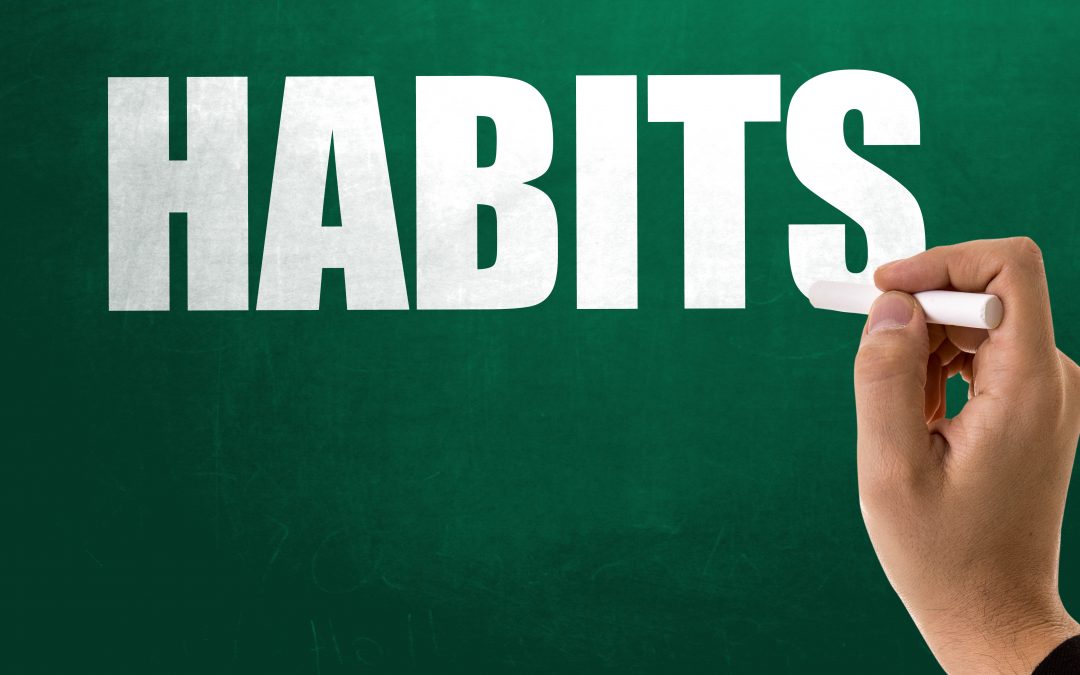Each fall, millions of students arrive at colleges to begin their first-year transition. Although some will find this transition to be seamless, the majority will encounter some academic, social, emotional, or intellectual challenges that they will need to resolve. Many will be unprepared, and experience a variety of stumbling blocks as they adapt to the academic demands of college or to the challenges and temptations of campus life. For instance, one stumbling block may be academics.
While it goes without saying that students need strong academic skills to succeed, it is no longer enough to only support students with their academic transition. Indeed, recent research indicates that “college readiness” must be more broadly conceived (Karp & Bork, 2012). Parents and institutions must partner and go beyond traditional approaches in order to address student mindsets that create roadblocks to college success.
For instance, in order for students to meet their academic goals, they must be realistic about the dedication it takes. Today’s students, however, have unrealistic perceptions about how to achieve college success. For example, only 1 in 9 students believe college will be difficult (IQS Research Special Report, 2012). Parents can assist in smoothing the transition by addressing unrealistic expectations.
Both parents and institutions of higher education must engage in candid conversations with students about what habits, behaviors, and attitudes contribute to college success and how to cultivate them. Initially, college-bound students may not fully appreciate the purpose of these conversations. Parents may be met with resistance. Parents can respond by encouraging students to be prepared to fully engage in their college experience and be ready to operate with a growth-mindset; that is, an understanding that college is a place where they will mature intellectually and socially, if they embrace particular behaviors and attitudes.
What are the most important messages for parents to pass along to their new college students as they start classes? Well, here are the following “habits of mind” that research and practice have shown to contribute to success in college and life that you can share with your student and can show support as they develop them.
Possess Humility: Be modest and respectful. Recognize that you don’t “know it all.” Faculty, administrators, and staff have wisdom to share with you, and they are passionate and excited about it.
Ask For Help: College and university personnel understand that first-years are in the process of a huge transition. They expect you to ask for help, so don’t be shy about doing so. Any successful person will tell you, they ask colleagues, mentors, and friends for help on a daily basis.
Take Risks: The university environment is full of endless new experiences. Whether it is courses, guest lecturers, clubs, organizations, activities or field trips, try something you have never done before. Maybe there is a hidden skill or talent that hasn’t been revealed yet. Get involved.
Be Willing to Change: Most students will find that their high school study habits won’t work the same in a college environment. You will have to develop new skills and strategies to meet the demands of your college level courses. The good news is that most institutions have departments to help you to make these necessary changes.
Form Healthy Relationships: It’s no surprise that making friends during your first semester is a top priority; however, the friends you make can have an impact on your success. For example, it’s very easy for procrastinators to attract other procrastinators, and too many students become friends with other students who aid them in sabotaging their own academic success. Select your friends carefully, and look to establish friendships with those who can help you to succeed—not drag you down.
Learn to Manage Time and Behavior: Research shows that behavior management practices are at the heart of being a successful college student. It is not enough to say you will be at the library studying for three hours (managing time). What’s more important is to manage your behavior during those three hours. That is, actually read your textbook as opposed to text messaging, IMing, getting on Facebook, and surfing the net. You may go to the library for three hours, but what are you actually doing when you are there?
Respect Diversity: Chances are you will be living and learning with other students who are very different from you. You may even meet someone from a different country for the first time. Be open to learning about their experiences, customs, and cultures.
Practice Healthy Habits: Take care of yourself. Eat right, be sure to get enough sleep, and exercise. If you get sick in college, it is extremely difficult to catch up on classes and work you may have missed. The volume of material covered and the pace in college is vastly different than in high school. Stay healthy!
Finally, and perhaps most importantly, this is the time to urge your new college student to take responsibility. While it is the institution’s role to create an environment to help students move toward academic success, ultimately, it is the student’s responsibility to possess a growth mind set. That is, seeing failures and challenges not as evidence of not having “the smarts” to be in college, but as opportunities for cultivating new skills. If the first year of college does not turn out quite like they expected, there is only one place to look: inward, at themselves. The task of learning is theirs and they must be willing to develop the “habits of mind” that will lead them toward college success.

